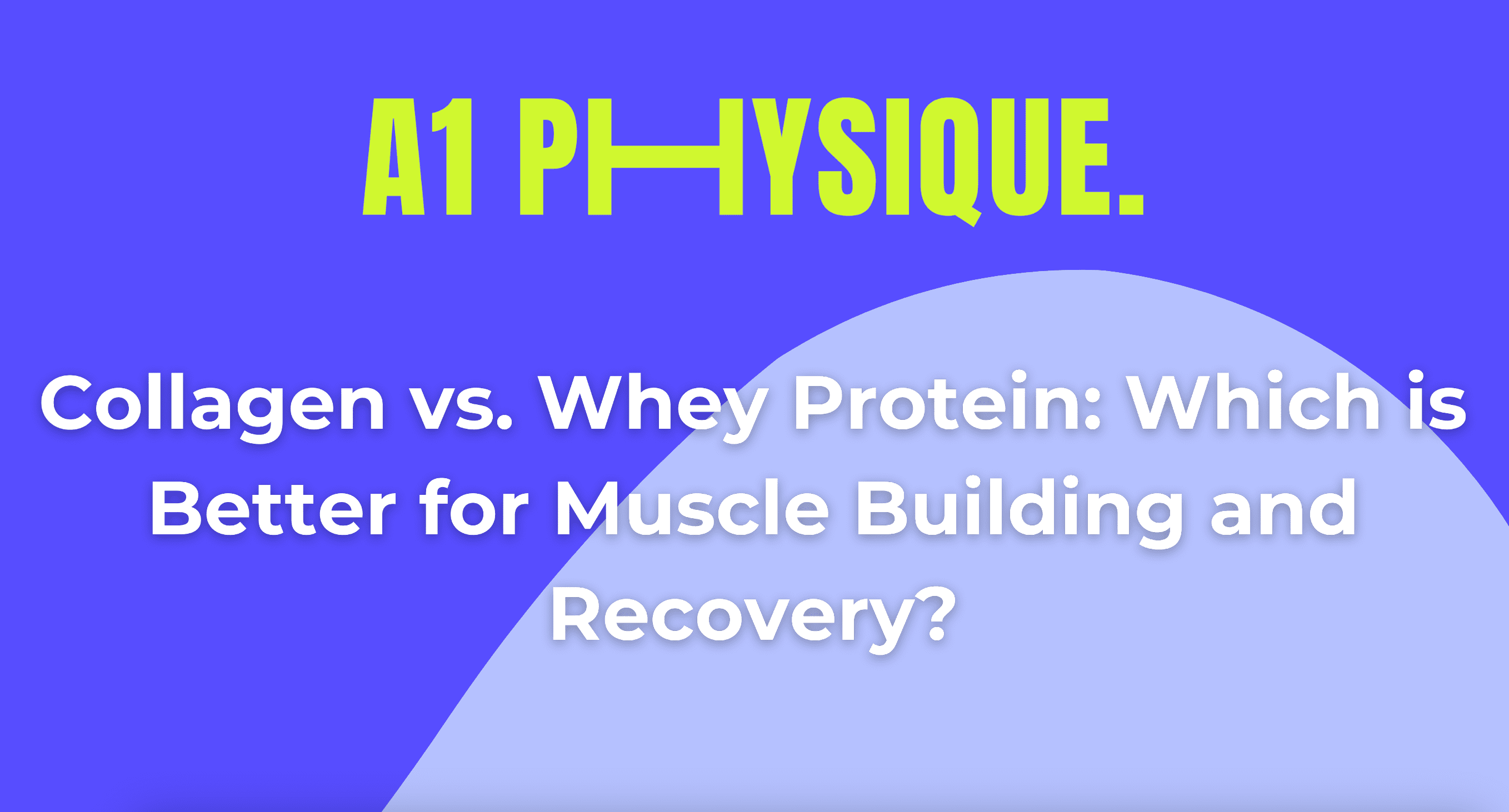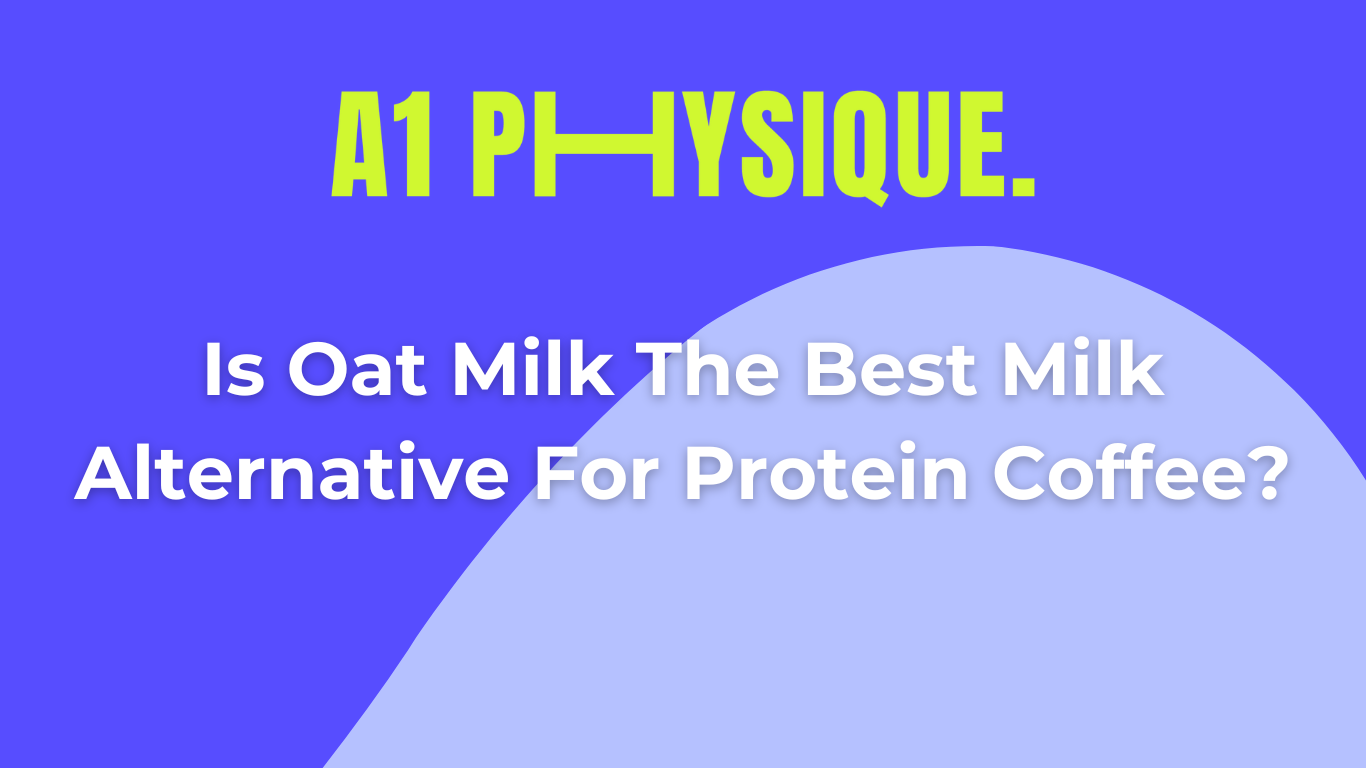Water retention, sometimes referred to as edema, can occur when excess fluid accumulates in the body's tissues, resulting in visible inflammation or a ‘puffy’ look. Though infrequent water retention is normal, knowing the causes will help you manage the re-occurrence, sooth the symptoms or help to prevent it all together. So what are the most common water bloating causes?
High Sodium(salt) Intake:
It’s certainly well documented that too much salt can have negative health impacts on the body, perhaps one of the least of these pertains to Water Retention. Foods found in their raw state, such as fruits and vegetables, will have lower volumes of sodium when compared to processed and canned alternatives. Being conscious of your intake of sodium, and actively reducing your individual consumption can significantly reduce fluid retention.
Lack of Physical Activity:
Moving is great for the body which will not be the only cliché in this blog! It’s undeniable that an active lifestyle supports many of the body’s regulatory functions including where to store water and how much. 30 minutes of activity per day is enough to stimulate blood circulation and lymphatic flow, which literally eliminates excess fluid.
Dehydration:
Irony, probably the best humour, although in this case it might not be so funny. Believe it or not, not drinking enough water may actually result in excess water retention. It feels wrong, but when you fully explore the thought, it does make sense. When your body is not regularly receiving sufficient hydration, from a purely survival point of view, your body will then tend to hold onto the water it does have, not knowing when more is coming. A simple solution to water retention is ensuring you are getting the recommended amount of water each day.
Hormonal Fluctuations:
This is one for the women in particular, hormonal changes that are both expected and normal do sometimes contribute to excess fluid retention. During a menstrual cycle many women experience symptoms of water retention just based on the hormonal shifts. Other periods in a woman’s life such as menopause, pregnancy or periods on hormonal medications can result in water retention.
Medical Conditions:
There are some, specific conditions that also contribute to water retention, such as liver or kidney disease. Some medicines, like anti-inflammatory drugs or steroids also come with proven side-effects including the retention of excess water. If you have concerns about the water retention you experience its important to consult with a medical professional.
Conclusion?
In most cases, excess water retention is something that can be controlled without the need for prescription medication. In fact, over the counter water retention tablets can provide some instant relief to the harsher symptoms from excess fluid retention.
Taking note of your intake of sodium, water and your daily exercise habits, together with a traditional herbal remedy are evidently the surest ways to rid yourself of water retention.



